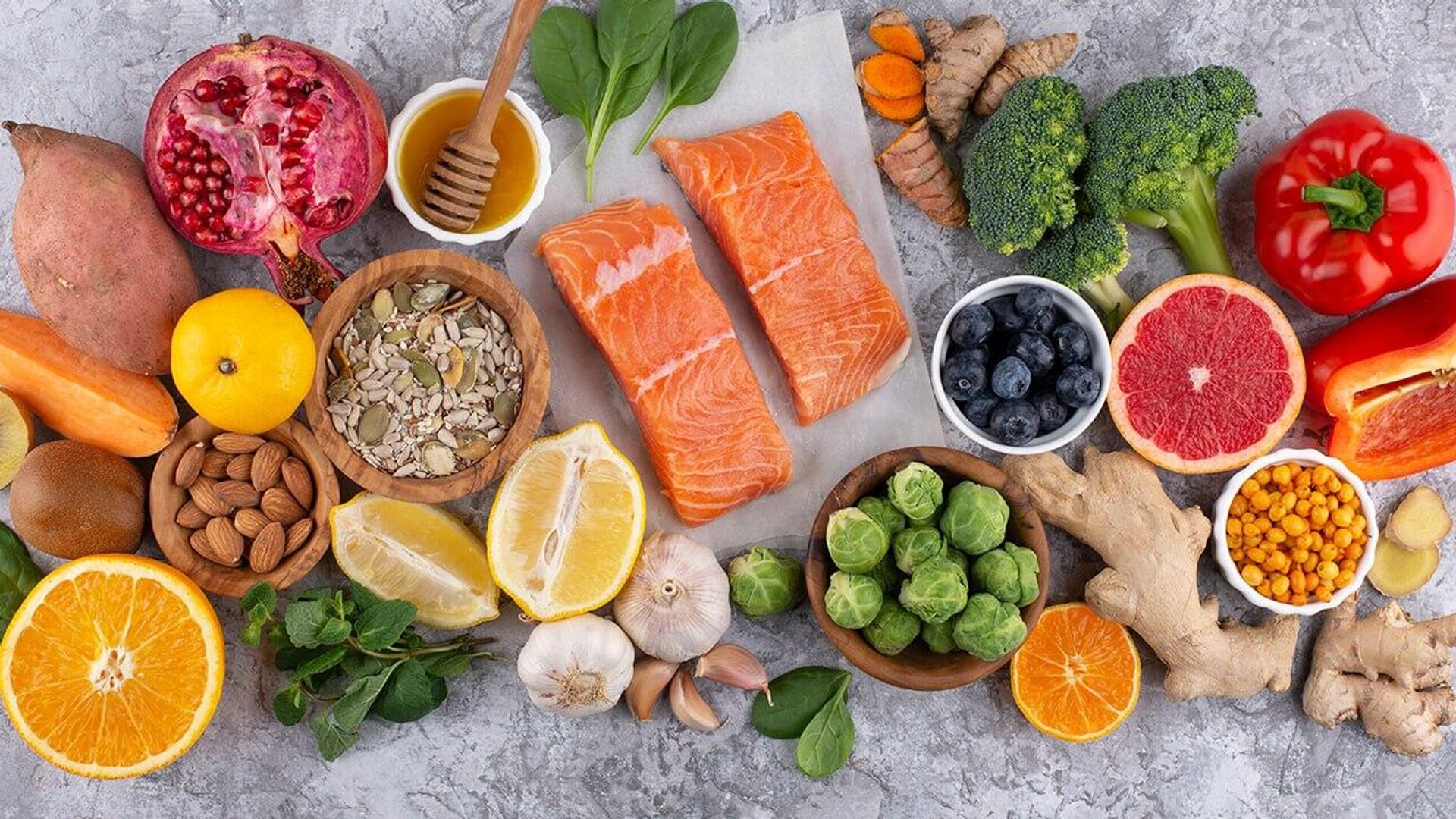Washington - Saba:
Researchers from the University of Southampton and Brigham and Women's Massachusetts General Hospital in the United States have found that previous research has linked night shift work to cardiovascular problems.The researchers indicated that their new study shows that eating during the day can help reduce these risks.
According to what was published by the "Surrey Live" website, citing the journal "Nature Communications," the new study included 20 healthy participants who spent two weeks in a controlled environment simulating night shifts, eating either during the night or during the day.
The researchers evaluated the effect of meal timing on cardiovascular risk factors in the participants, such as autonomic nervous system markers, plasminogen activator inhibitor-1 (a substance that increases the risk of blood clots), and blood pressure. The researchers found no negative effects on these risk factors in those who ate during the day.
Frank Sher, professor of medicine and director of the Medical Chronobiology Program at Brigham and Women's Hospital in Boston, said, "Previous research has shown that circadian misalignment—a misalignment of the timing of behavioral cycles relative to the biological clock—increases cardiovascular risk factors. To understand what can be done to reduce this risk, new research suggests that meal timing could be the target."
In the same vein, nutrition experts have identified specific foods that are particularly beneficial for heart health:
1. Salmon
"I recommend eating foods like salmon, which is rich in omega-3 fatty acids that can help reduce inflammation and support healthy cholesterol levels," says cardiologist Dr. Jay Shah.
"I recommend roasting salmon with a squeeze of lemon juice and herbs in the oven at 180°C for 15-20 minutes, or poaching it in an aromatic broth for tender, moist fish," says Rosie Carr, a registered dietitian.
2. Oats
Carr says, "Whole grains, like oats, provide complex carbohydrates that help maintain stable blood sugar levels, preventing inflammatory spikes that can damage blood vessels over time."
3. Leafy Greens
Carr emphasizes that "these foods are rich in dietary nitrates, which are converted into nitric oxide in the body, helping dilate blood vessels, improve blood flow, and lower blood pressure." She notes that "regular consumption of these has been linked to improved exercise performance and cardiovascular function."
Dr. Shah says that kale and spinach are also rich in potassium. Eating them helps balance sodium levels.
4. Extra Virgin Olive Oil
Carr explains that "extra virgin olive oil is rich in monounsaturated fats and powerful antioxidants called polyphenols, which reduce oxidative stress and inflammation."
She adds, "Chronic, low-grade inflammation contributes to heart disease by affecting arterial health."
5. Tomatoes
Carr explains, "Tomatoes are rich in lycopene, a powerful antioxidant that reduces inflammation and prevents cholesterol oxidation." Interestingly, cooking tomatoes increases the bioavailability of lycopene.

| more of (International) |




